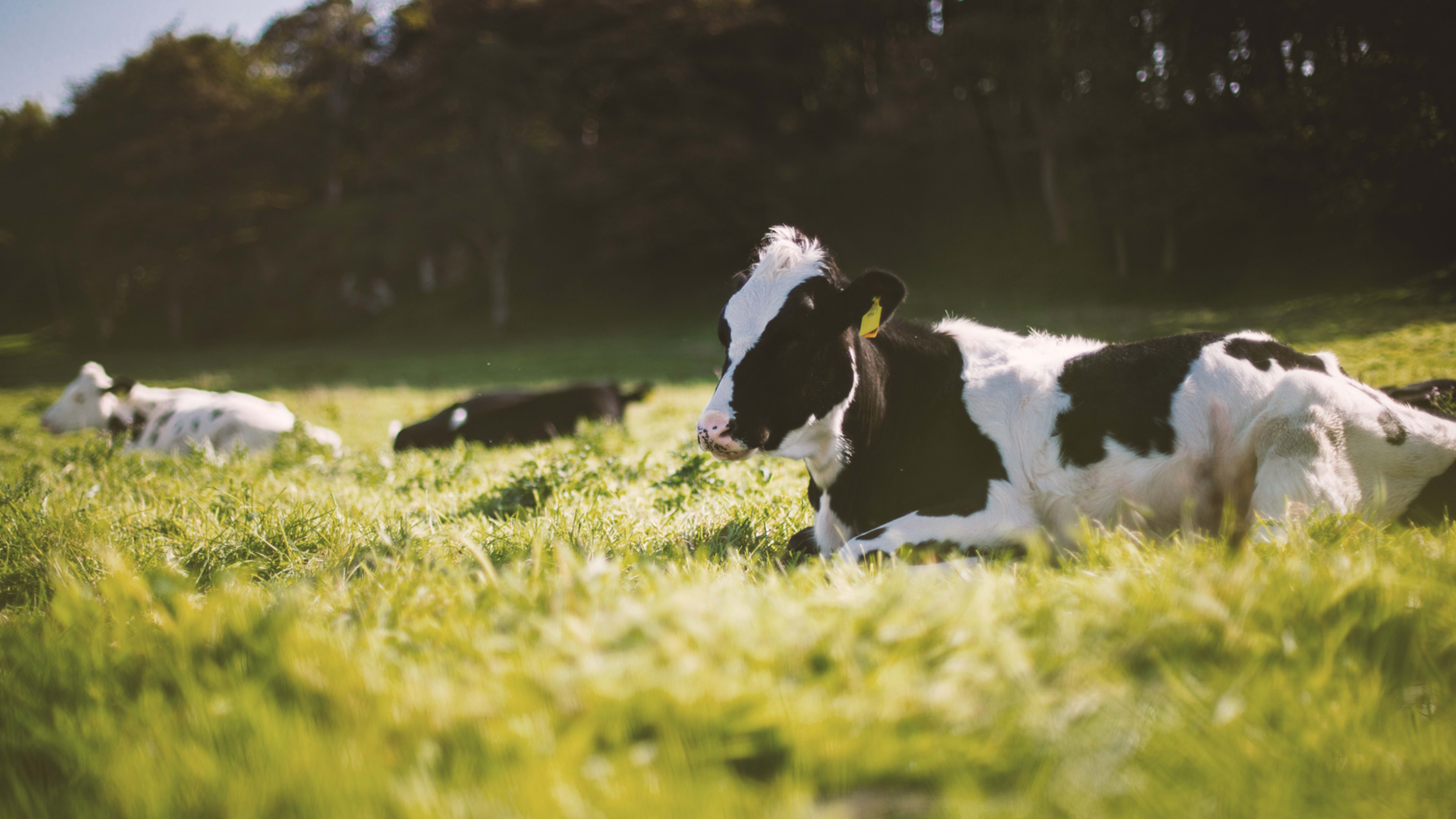If we all just ate less meat, carbon emissions would drop and the environment would benefit, right? A group of scientists would like to call b.s. on this perception.
In a spirited op-ed in Environmental Research Letters, a quintet of livestock scientists in Kenya and Germany argue that touting a low-meat diet falsely equates the meat on your plate with environmental harm, and also presents a factually untrue standard for most of the world, where livestock can play critical and positive roles in environments, economies, and health.
“Meat production itself is not the problem,” says coauthor Polly Ericksen, program leader of sustainable livestock systems at the International Livestock Research Institute. “Like any food, when it is mass-produced, intensified, and commercialized, the impact on our environment is multiplied. Eliminating meat from our diet is not going to solve that problem. While advocating a lower-meat diet makes sense in industrialized systems, the solution is not a blanket climate solution, and does not apply everywhere.”
In lower-income countries where livestock and crop production are linked (think crop and grazing lands that rotate, with manure fertilizing the soil), they “can actually be more environmentally sustainable,” noted coauthor An Notenbaert, head of systems analysis for sustainable innovations at CGIAR, an agriculture and livestock research consortium. “In sub-Saharan Africa, manure is a nutrient resource which maintains soil health and crop productivity; while in Europe, huge amounts of manure made available through industrialized livestock production are over-fertilizing agricultural land and causing environmental problems.”
Unfortunately, the authors say, there is little data on healthier livestock systems, because livestock research is overwhelmingly focused on the West, despite Africa being home to 20% to 32% of cattle, sheep, and goats. The authors call for more data, and devote much of their 17 pages to a range of emissions-lowering efforts more impactful than you not eating meat, including specialized animal feed that lowers greenhouse gases, and better-managed grazing lands.
Recognize your brand’s excellence by applying to this year’s Brands That Matter Awards before the early-rate deadline, May 3.
